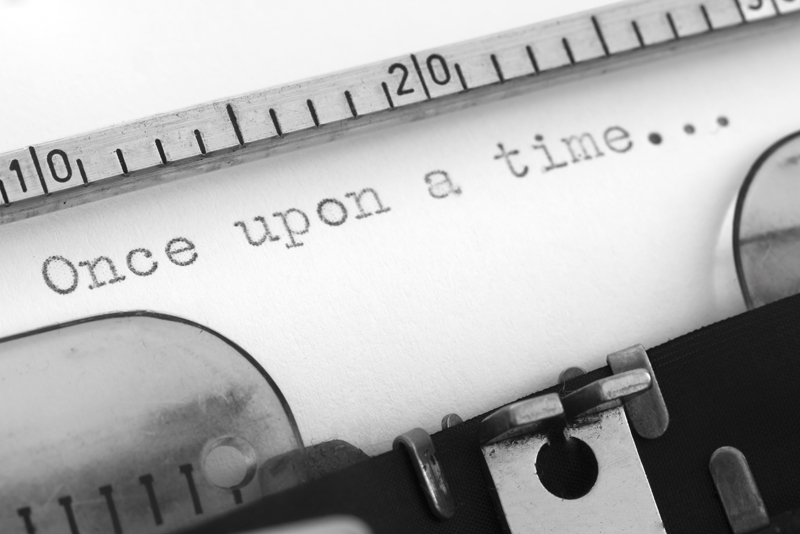August Wilson's The Piano Lesson

Pulitzer Prize winning playwright August Wilson left an amazing body of work. Wilson wrote ten plays which are known as “The Pittsburgh Cycle”. Each play in this series is set in a different decade and presents the black experience starting from 1900 and ending in the 1990s. One of these plays is “The Piano Lesson”. This amazing play, set in the 1930s, centers around an intricately carved piano. This prized family possession is a source of pride and history for the family. However, it becomes a source of strife during the course of the play. This play has a lot to teach us about honoring our heritage and having the courage to move forward.
The members of the Charles Family are Berniece, her daughter Maretha, Berniece’s brother Boy Willie, and their Uncles Doaker and Winning Boy. The story of the family begins during slavery. A family named Sutter owned the Charles Family. There came a time when Mr. Sutter wanted to purchase a piano as a gift for his wife. Mr. Sutter paid for the piano by selling Doaker’s grandmother and father. Doaker’s grandfather, Willie Boy remained with the slave owner. Willie Boy was a talented wood carver and was instructed to carve pictures of his wife and son onto the piano since Mrs. Sutter missed her servants. However, Willie Boy ended up carving the whole history of the Charles family on the piano. Years later, Doaker and his two brothers decided to remove what they considered to be the family piano from the home of the Sutter’s. Boy Charles, the father of Berniece and Boy Willie, believed that his family had more rights to the piano than the Sutter’s. He believed that as long as the piano was in the possession of the slave owners, the family was still in slavery. Boy Charles and his brothers successfully retrieve the piano from the Sutter’s but they are found out and Boy Charles is killed.
Fast forward many years later, the piano sits untouched in Doaker Charles’ living room. His widowed niece lives with him. The widowed Berniece Charles refuses to touch or play the piano. She only lets her daughter Maretha play the piano occasionally. Young Maretha is never told the history of the piano by her mother. Berniece clings on to the memory of her late husband Crawley and refuses to marry her suitor Avery. Even though Crawley has been dead for three years, she continually tells Avery that she is “not ready”.
Enter Berniece’s brother Boy Willie. Boy Willie and his friend Lymon come to visit Berniece and Doaker. Boy Willie is a bold dreamer and he has his sights set on purchasing a piece of land from an elder Sutter. Boy Willie is determined to sell the piano to come up with the money. Berniece adamantly refuses to sell, even threatening Boy Willie. Boy Willie is just as determined as his sister and declares he is going to sell the piano, regardless of what Berniece says or wants.
We find two contrasting personalities and views in the characters of Berniece and Boy Willie when it comes to the piano. Since the piano cost her father his life Berniece refuses to do anything with it. Berniece remembers her mother’s grief after her father’s death and there is anger towards the piano. However, since her father died to obtain the piano, Berniece felt it should not leave the home. The piano was part of their heritage but using it was out of the question.
Boy Willie feels quite differently about the piano than his sister. Boy Willie does not consider the human cost of having the piano. Boy Willie is bold and determined to live life on his own terms. He wants to buy land and farm it so he can stand up on his own two feet and be seen as a real man. Boy Willie is more present minded than his sister. He doesn’t believe the piano should sit in Doaker’s parlor unused. The piano was the only thing his father left him and his sister so Boy Willie believes that it is up to him to build on it. He understands about the past but feels the piano should be used to build on the future. He believes that the past should be built on, not sat on. For Boy Willie, the piano is not testament to a history of struggle but a catalyst to help him toward his goals and dreams. He even goes so far as to tell Berniece that if she was using the piano by giving lessons on it or even just playing it for herself, he would not consider taking the piano. Then in his mind, the piano wouldn’t be going to waste, much like Berniece’s life was going to waste.
The conflict between Boy Willie and Berniece is highlighted throughout the play. It is only after a series of harrowing and supernatural events that the siblings learn the lesson of the piano. Berniece learns the importance honoring the past and using that past to strenghthen you for the present and the future. Boy Willie learns that your heritage is not something that you take lightly and sell to the highest bidder.
The Piano Lesson has a lot to teach us about the African American experience. Our history is rich and varied. When we know where we come from, it is up to us to take that knowledge of our history and use it to enrich our lives.
The members of the Charles Family are Berniece, her daughter Maretha, Berniece’s brother Boy Willie, and their Uncles Doaker and Winning Boy. The story of the family begins during slavery. A family named Sutter owned the Charles Family. There came a time when Mr. Sutter wanted to purchase a piano as a gift for his wife. Mr. Sutter paid for the piano by selling Doaker’s grandmother and father. Doaker’s grandfather, Willie Boy remained with the slave owner. Willie Boy was a talented wood carver and was instructed to carve pictures of his wife and son onto the piano since Mrs. Sutter missed her servants. However, Willie Boy ended up carving the whole history of the Charles family on the piano. Years later, Doaker and his two brothers decided to remove what they considered to be the family piano from the home of the Sutter’s. Boy Charles, the father of Berniece and Boy Willie, believed that his family had more rights to the piano than the Sutter’s. He believed that as long as the piano was in the possession of the slave owners, the family was still in slavery. Boy Charles and his brothers successfully retrieve the piano from the Sutter’s but they are found out and Boy Charles is killed.
Fast forward many years later, the piano sits untouched in Doaker Charles’ living room. His widowed niece lives with him. The widowed Berniece Charles refuses to touch or play the piano. She only lets her daughter Maretha play the piano occasionally. Young Maretha is never told the history of the piano by her mother. Berniece clings on to the memory of her late husband Crawley and refuses to marry her suitor Avery. Even though Crawley has been dead for three years, she continually tells Avery that she is “not ready”.
Enter Berniece’s brother Boy Willie. Boy Willie and his friend Lymon come to visit Berniece and Doaker. Boy Willie is a bold dreamer and he has his sights set on purchasing a piece of land from an elder Sutter. Boy Willie is determined to sell the piano to come up with the money. Berniece adamantly refuses to sell, even threatening Boy Willie. Boy Willie is just as determined as his sister and declares he is going to sell the piano, regardless of what Berniece says or wants.
We find two contrasting personalities and views in the characters of Berniece and Boy Willie when it comes to the piano. Since the piano cost her father his life Berniece refuses to do anything with it. Berniece remembers her mother’s grief after her father’s death and there is anger towards the piano. However, since her father died to obtain the piano, Berniece felt it should not leave the home. The piano was part of their heritage but using it was out of the question.
Boy Willie feels quite differently about the piano than his sister. Boy Willie does not consider the human cost of having the piano. Boy Willie is bold and determined to live life on his own terms. He wants to buy land and farm it so he can stand up on his own two feet and be seen as a real man. Boy Willie is more present minded than his sister. He doesn’t believe the piano should sit in Doaker’s parlor unused. The piano was the only thing his father left him and his sister so Boy Willie believes that it is up to him to build on it. He understands about the past but feels the piano should be used to build on the future. He believes that the past should be built on, not sat on. For Boy Willie, the piano is not testament to a history of struggle but a catalyst to help him toward his goals and dreams. He even goes so far as to tell Berniece that if she was using the piano by giving lessons on it or even just playing it for herself, he would not consider taking the piano. Then in his mind, the piano wouldn’t be going to waste, much like Berniece’s life was going to waste.
The conflict between Boy Willie and Berniece is highlighted throughout the play. It is only after a series of harrowing and supernatural events that the siblings learn the lesson of the piano. Berniece learns the importance honoring the past and using that past to strenghthen you for the present and the future. Boy Willie learns that your heritage is not something that you take lightly and sell to the highest bidder.
The Piano Lesson has a lot to teach us about the African American experience. Our history is rich and varied. When we know where we come from, it is up to us to take that knowledge of our history and use it to enrich our lives.

Related Articles
Editor's Picks Articles
Top Ten Articles
Previous Features
Site Map
Content copyright © 2023 by Sonya L. Wilson. All rights reserved.
This content was written by Sonya L. Wilson. If you wish to use this content in any manner, you need written permission. Contact Nina Guilbeau for details.







